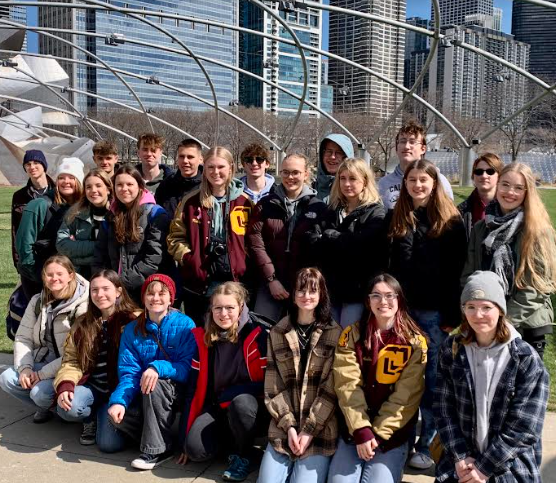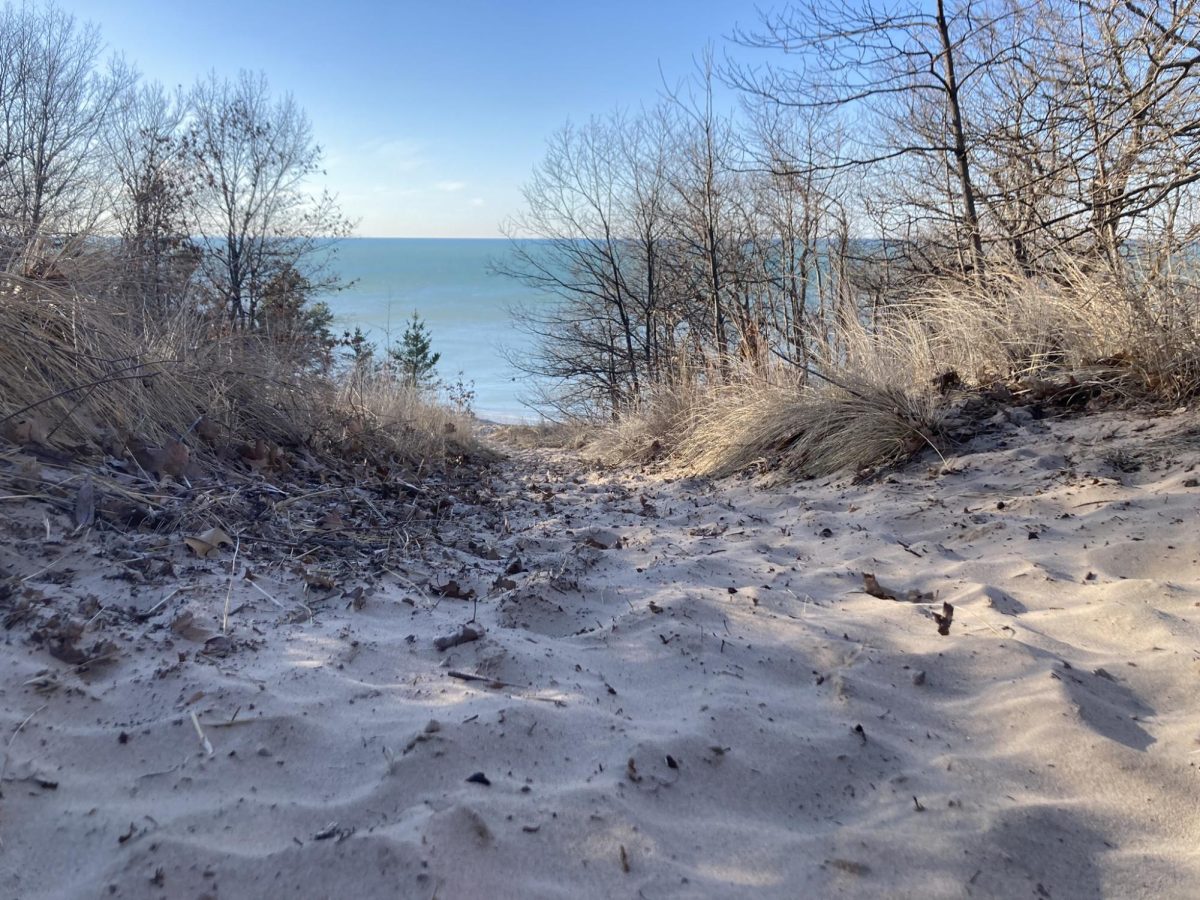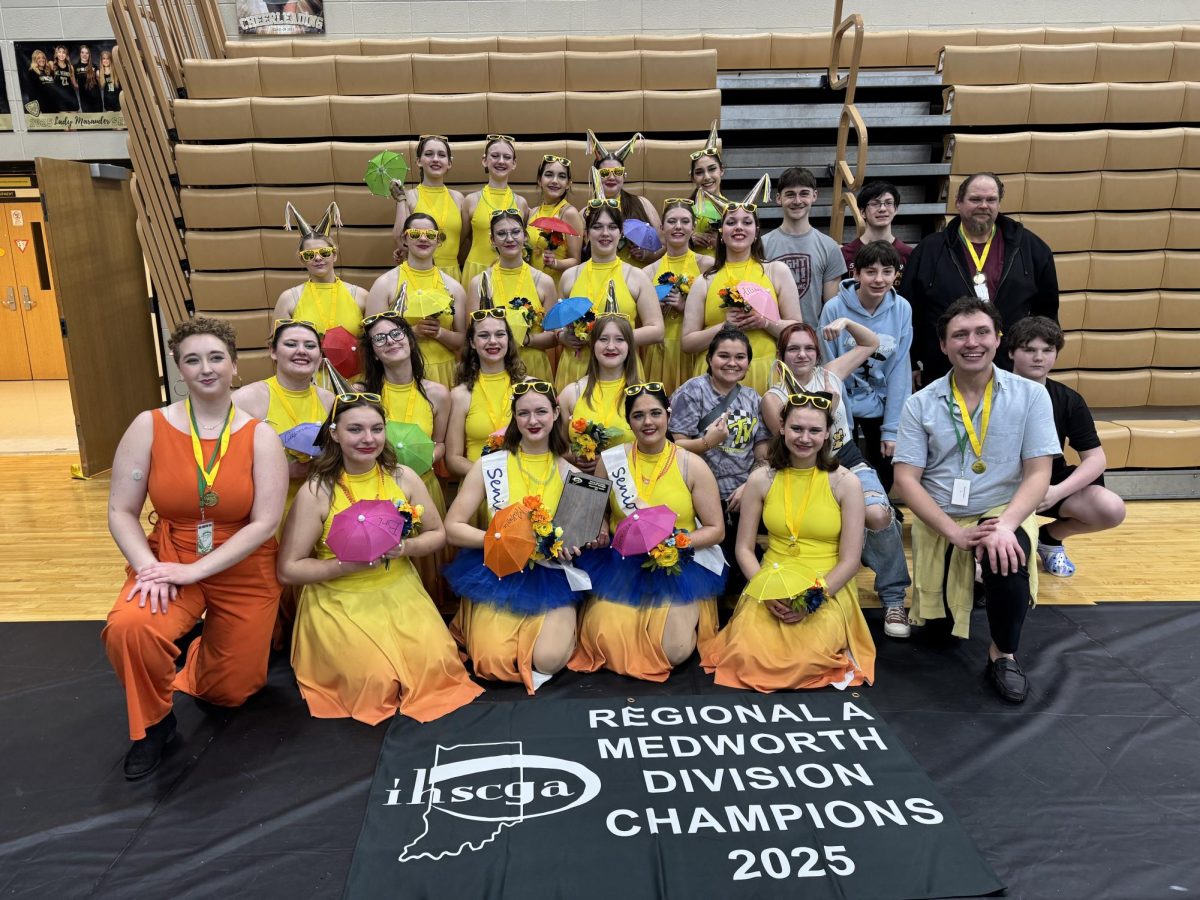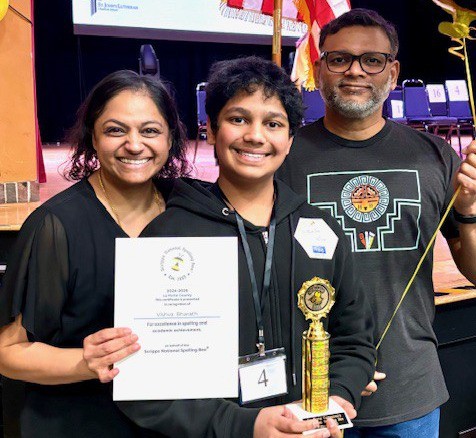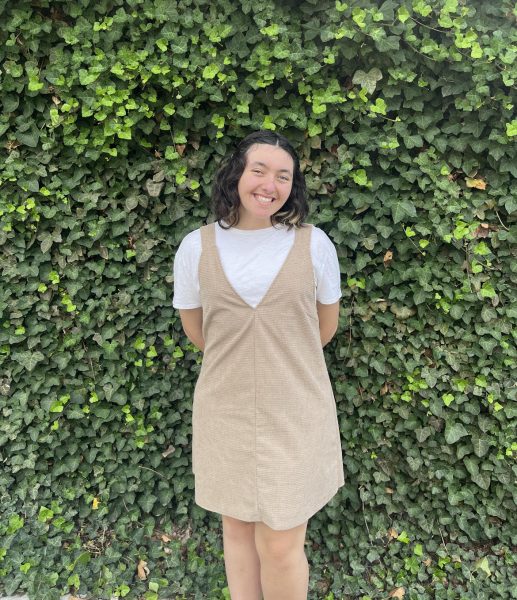Chesterton High School (CHS) has once again hosted a group of German students to come and experience life in small-town America.
“Our exchange is part of the GAPP program. GAPP stands for German American Partnership Program and is run by the New York City office of the Goethe Institute. The Goethe Institute is the cultural wing of the German government in foreign countries. The GAPP program is supported by funding from the United States and German governments,” German teacher Herr Knauff explained.
When the German students arrived, it was their host’s responsibility to ensure that they got the all-American experience. From daily school life to tourist attractions, this year’s hosts have all the boxes checked.
“We did some touristy things- we went to the beach, we’ve gone on hikes, and have gone to Chicago a couple of times. It’s been a week of easing into the American experience, this is our first week of school so we’re adapting together as a group,” Junior Kelly Swickard said.
It will be a given that life in Germany will be vastly different from life in America. Many exchange students are shocked at how large the school is, as most German schools are smaller and more intimate due to how small their towns are. As well as that, the teaching style and how classrooms are run are also very different. In Germany, it is common to have elective classes in the last few years of high school, while in America, it is typical to have at least two elective classes per year. The schedules in Germany are a lot stricter concerning what classes a student must take and pass to graduate. As well as that, when it comes time to go to the next class in Germany, it is the teacher who moves rooms and not the student.
Unlike American schools, German schools are not big on school spirit or sports. School is viewed as a place to be taught and learn about the subjects being taught. There aren’t even sports events after school to watch or participate in. This can be particularly appealing to exchange students who want to partake in the cliche “American high school” experience by going to sporting events or school activities during and after the school day. All of these differences can be seen as interesting to foreign students, causing them to want to come and participate in something different. Not only do they come for the differences in school life, but also in daily life.
“It’s a big thing in Germany, everyone is looking forward to that the whole year. The States are very popular and a very popular destination and it’s interesting to see how school works and how people live here,” foreign exchange student Konstanze Irlinger said.
Many exchange students have observed that everything seems to appear larger in America, while in Germany, it seems to be smaller and more close-knit. In addition, it is frequently mentioned that there are a lot more fast food restaurants here with a lot more options than there are in Germany.
“There are way more fast food chains. It’s much easier to find something to eat. Everything is much bigger, for example, [in Germany] we only have one lane, but here everything is four lanes, and the shops are bigger as well,” foreign exchange student Sebastian Stadler said.
Being given the opportunity to study abroad will benefit both German students and American students and allow them to have a better understanding of life outside of their little town. Both groups get to experience school and daily life in a foreign country. When the Chesterton High School students head to Germany in the summer, they will participate in German schooling and everyday routine in a new country.
“We came here, met all of our exchange students and host families. I think we met a good group this year- all the matches were pretty good, and downtown Chesterton is very pretty,” said foreign exchange student Viktoria Lang.
To entertain the German students, German 3 and 4 students participated in Valparaiso University’s annual German Theaterfest where they showcased their theatrical and German skills in competition with other schools in the region. Students had to write and practice their ten to fifteen-minute skit and then perform it, being judged on acoustic clarity, accurate German, and dramatic performance.
“We put on a theatrical performance for the German foreign exchange students and the judges. It was really fun to do and got me out of my comfort zone, which is always something I enjoy,” said sophomore Dexter Kehle.
We are so happy that the German exchange students enjoyed their time living the small-town dream and wish good luck to the Chesterton students who will spend part of their summer in Germany.


